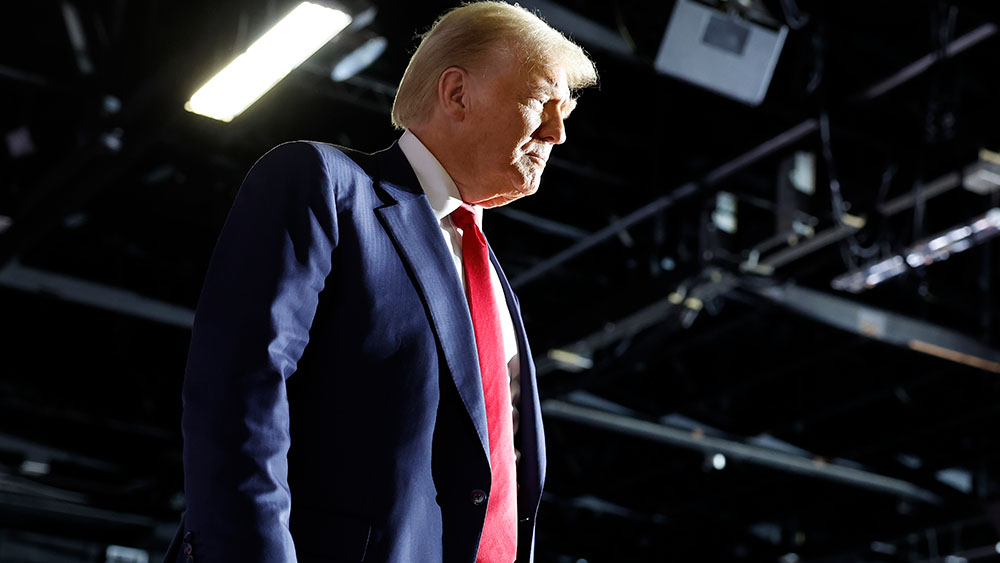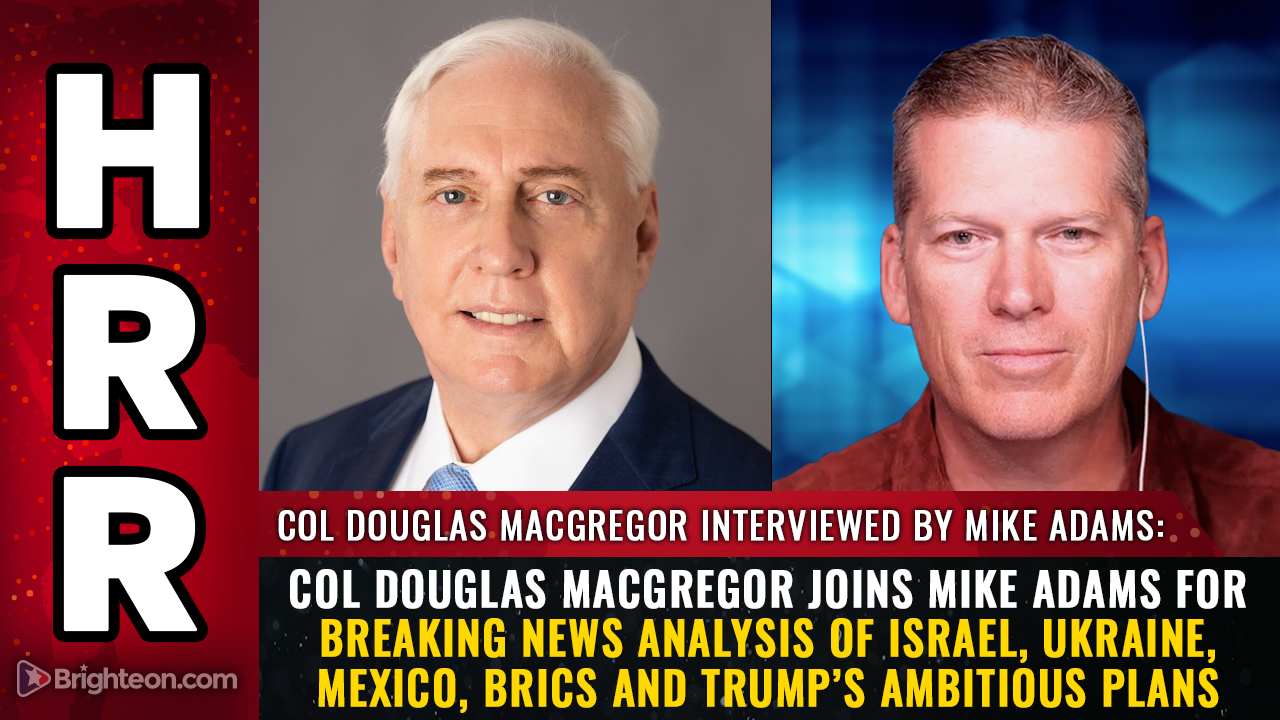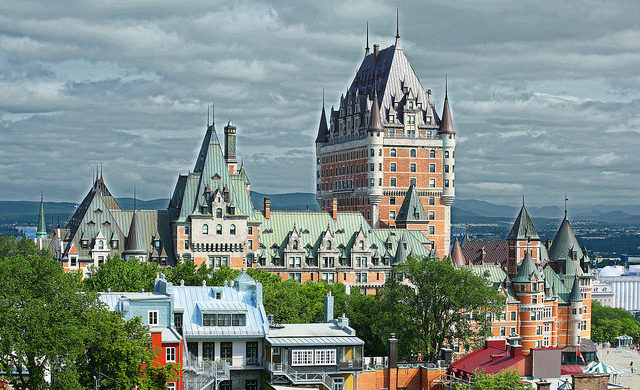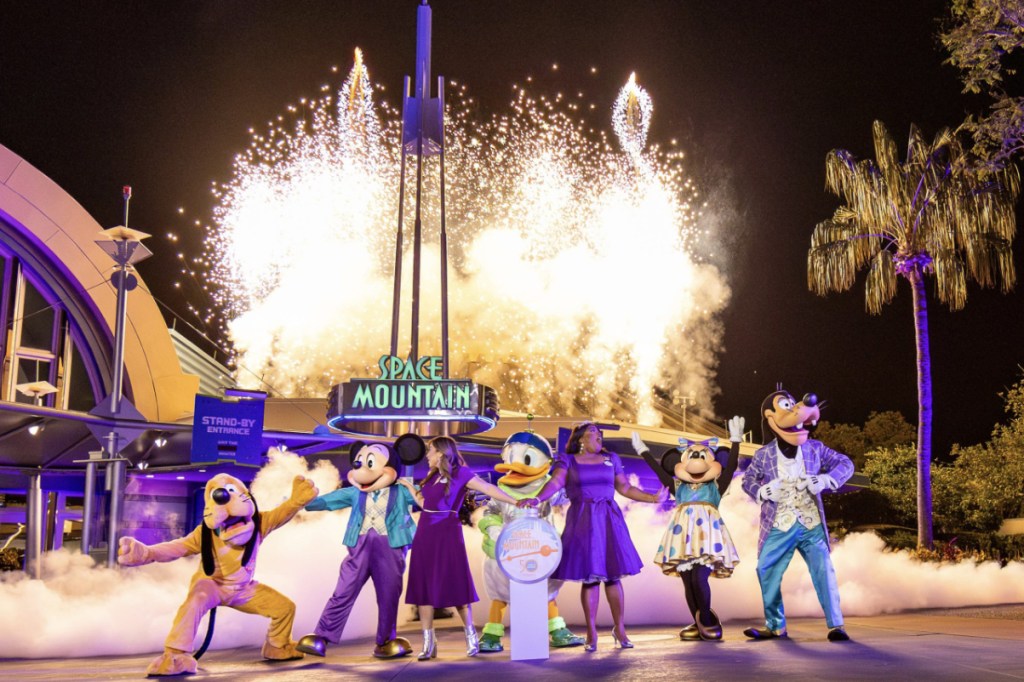West Point Disbands Cadet Clubs Following Trump’s Anti-DEI Order
The U.S. Military Academy disbanded 12 affinity groups and placed all other clubs under review, in accordance with President Trump's crackdown on DEI.


If you’re a member of the Society of Black Engineers at West Point, you can probably forget about attending the national group’s annual conference next month. That’s because the United States Military Academy, one of five American service academies, that trains cadets for the U.S. Army is disbanding its Society of Black Engineers chapter as well as at least 11 other clubs, according to a recent internal memorandum that circulated online. [time-brightcove not-tgx=”true”]
The memo, issued in accordance with President Donald Trump’s executive orders cracking down on diversity, equity, and inclusion (DEI) programs and offices across the federal government, instructs 12 specific clubs to immediately cease all formal and informal activities and remove public facing content. The move comes after the U.S. Army and Air Force shuttered their respective DEI offices and programs and removed related media and trainings on Jan. 23.
The disbanded clubs, all of which have had their webpages removed from the academy’s site, were listed under “affinity” groups on West Point’s club directory, which has also been removed as of publication. The pages, according to digital archives, were available online as recently as last week.

The list of banned student groups, all of which were open to all cadets irrespective of identity, includes the Asian-Pacific Forum Club, which “promotes the general knowledge and application of knowledge about the Asian-Pacific region”; the Contemporary Cultural Affairs Seminar Club, which supported cadets “transitioning from civilian to cadet and cadet to officer” through “academic services, mentorship, professional development opportunities, and community outreach programs”; the Corbin Forum, which aimed to promote women’s leadership within the Army; the Japanese Forum Club, which described itself as a place for promoting “understanding and appreciation of Japanese culture and language”; the Korean American Relations Seminar, which focused on education around the Korean American experience; the Latin Cultural Club, which operated two subordinate clubs: West Point Latin Dance and the mentorship- and outreach-focused Latina Connection; the Native American Heritage Forum, which had the mission to “educate members of the Corps of Cadets about the history, heritage, and current affairs of Native Americans”; Spectrum, a social club that provided support to LGBTQ cadets and promoted acceptance of LGBTQ people in the military community; and the Vietnamese-American Cadet Association, which aimed to increase “cultural awareness of the Vietnamese-American experience” and the “legacy of Vietnamese-American veterans.” It also included the West Point chapters of the National Society of Black Engineers, the Society for Hispanic Professional Engineers, and the Society of Women Engineers.

An archived version of the academy’s club directory emphasizes the availability and variety of clubs as assets in training cadets to be “well-rounded leaders of character.” The academy’s webpage on leadership development similarly points to its clubs and activities as tools for developing cadets’ civic character and grit. But, as of Feb. 5, every club webpage has been removed, at least temporarily, seemingly in accordance with the memo, which stated that all other clubs not listed for disbandment are to cease activities until they are reviewed and revalidated to ensure they align with President Trump’s executive orders and Department of Defense guidance.
TIME has requested comment from the U.S. Military Academy at West Point, which did not immediately respond.
The memorandum, first posted on the West Point subreddit and then on X, has drawn ire from some who feel the ban is discriminatory. “I am sure all the Eurocentric, Christian events that are still embedded in daily activities and federal holidays will still continue. It is discriminatory to get rid of all the non-white ones,” one Reddit user wrote. “Why can’t we let Americans with other cultures celebrate their heritage also?”
Some users pointed out that affinity-like clubs listed as academic clubs, such as the West Point Polish Club (also known as the Kosciuszko Squadron), which described itself as “an association of cadets who explore and enjoy Polish culture, history, and language,” were not singled out for disbandment. Similarly, the West Point Humanist Society, which described itself as aiming to “build a community at West Point that is welcoming to freethinkers while espousing the ideals of scientific rationality, secularism, and human-based ethics,” was the only affinity club that was not explicitly listed in the memo.
Other users criticized the disbandment as narrow-sighted, suggesting it might impact future enrollment. “Answers the age old question ‘How do I adversely impact the morale, identity, and professionalism of our military professionals?’” wrote one X user.
“I worked for the main Space Shuttle subcontractor for many years,” another X user wrote. “Many different ethnicities worked there and I see absolutely nothing wrong with these societies. My young granddaughter wants to be an engineer.”
But others described the move as “appropriate” and “how it should be.” “Those particular types of organizations, designed and intended to separate out specific groups, never belonged at West Point, or any other military school,” wrote one user.
Knights Out, an association of LGBTQ West Point graduates and their allies, published a statement in response to the Trump administration’s efforts to ban trans servicemembers “as well as deny any public recognition of LGBTQIA identities.” The group said it is working with West Point and the other military academies to understand the implications on queer cadets and servicemembers and reiterated its support: “No executive order or policy will stop us from protecting and preserving our extraordinary community—who show us every day that service to the nation is not dependent on individual identity. Our military serves all Americans; all Americans should be able to serve in it.”
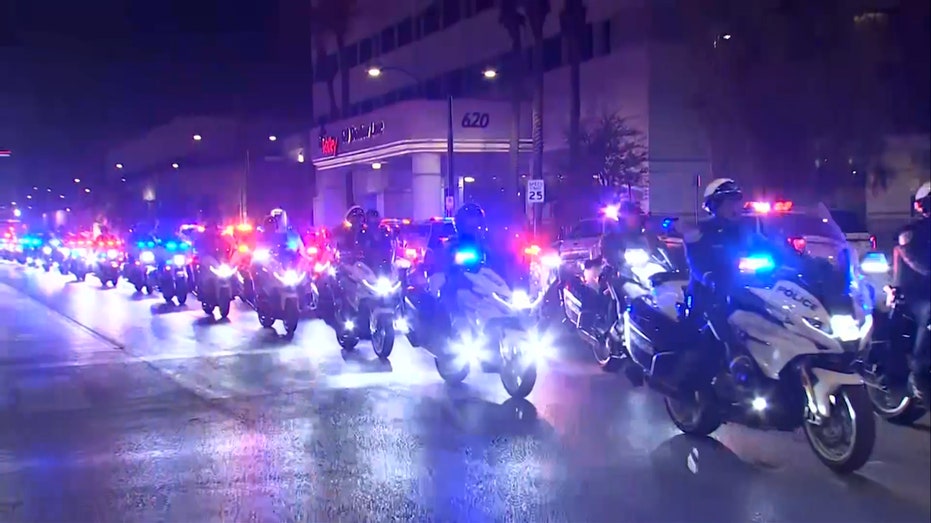
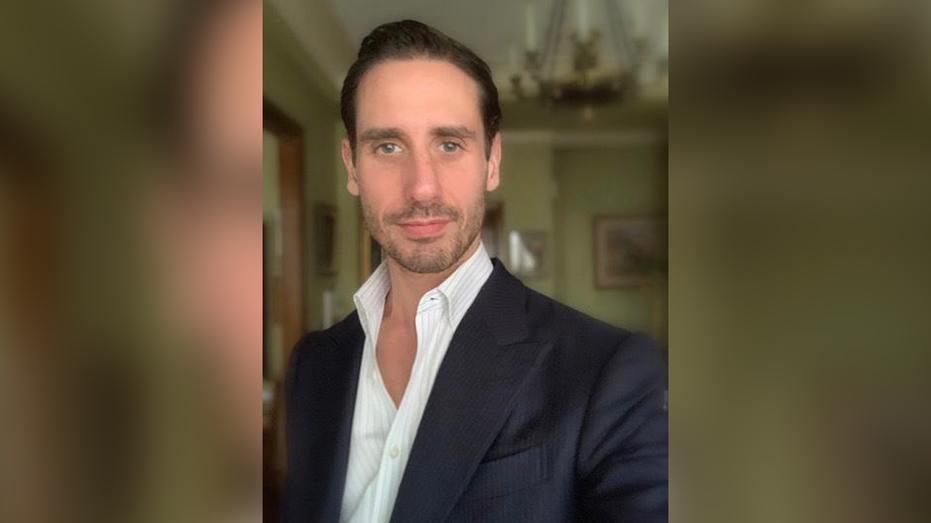
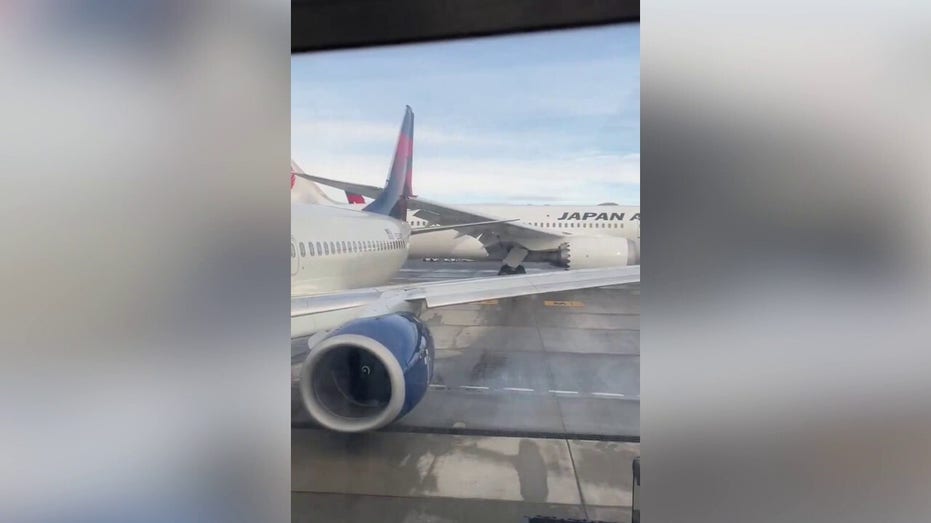
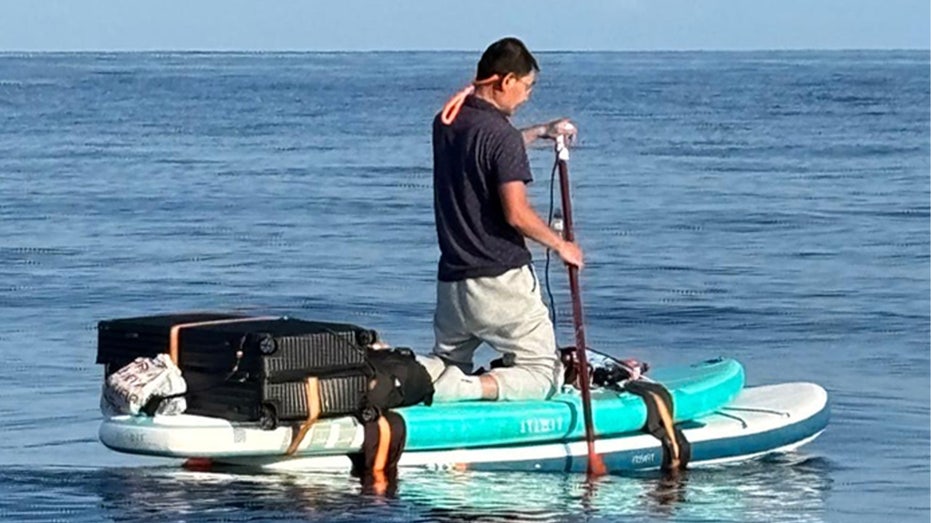
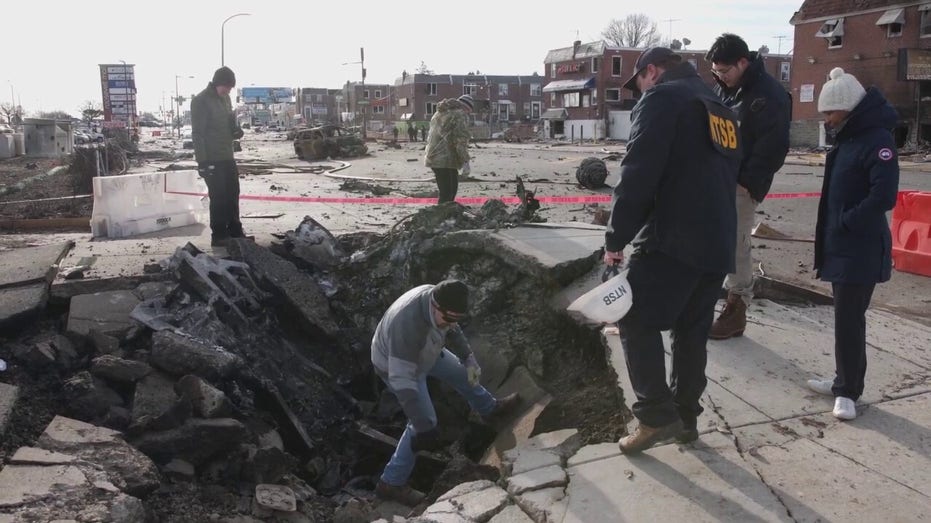

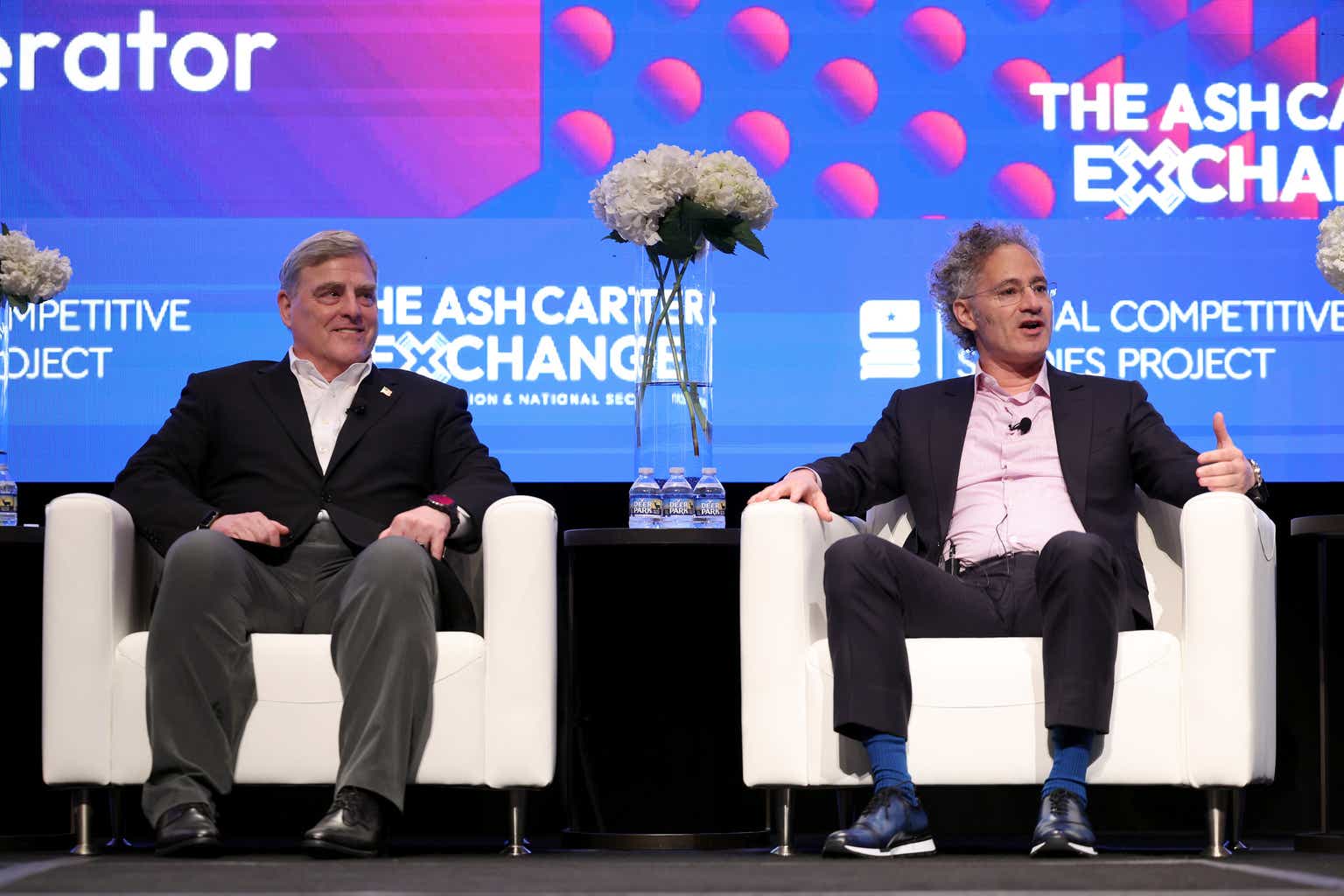




![How to Build Scalable Access Control for Your Web App [Full Handbook]](https://cdn.hashnode.com/res/hashnode/image/upload/v1738695897990/7a5962ce-9c4a-4e7c-bdeb-520dccc5d240.png?#)


























